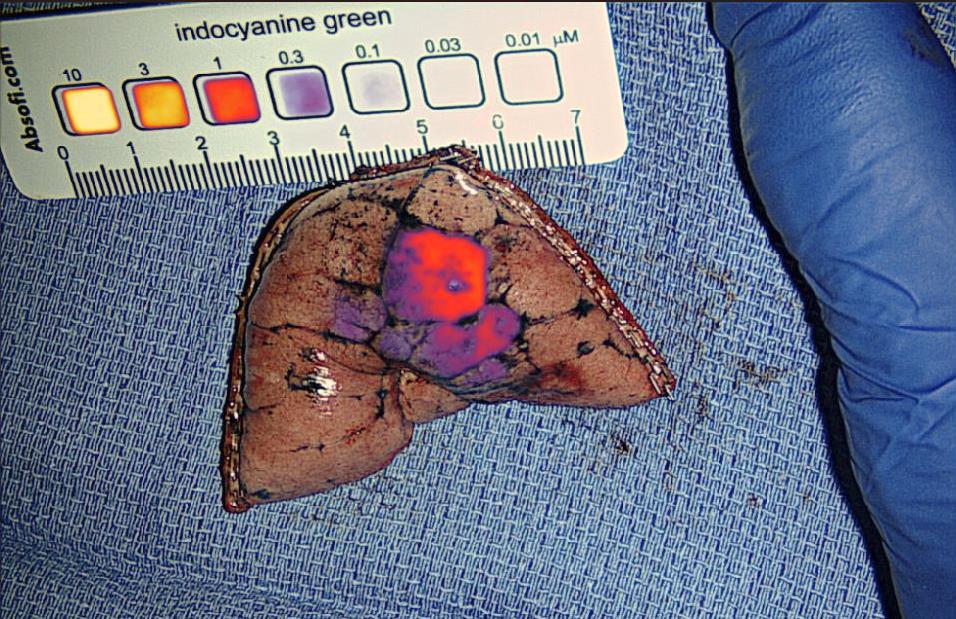We are excited to share a major milestone in the advancement of our technology within the thoracic oncology field.
A team from the University of Pennsylvania and Integro Theranostics presented research at the recent IASLC 2025 World Conference on Lung Cancer (WCLC).

The Study: Phase 1b Study of Novel Fluorescence Imaging Agent, LS301, for Lung
Cancer Surgery to Localize Tumors and Assess Margins
The poster focused on lung cancer surgery and its margin detection for better oncologic outcomes. In order to achieve this, it leveraged clinical reference targets to ensure reliable, quantitative data for molecular guidance in thoracic oncology protocols.
Hence, by incorporating our clinical reference targets, the research team was able to ensure quantitative sensitivity data for their targeted fluorescence dye.
Why Clinical Reference Targets Matter
In highly sensitive and regulated fields like surgical oncology, the reliability of quantitative clinical data is paramount. Consequently, our reference targets provide a standardized, traceable benchmark which is essential for:
-
- Validation: Confirming that imaging and sensing devices maintain accuracy across multiple procedures and sites.
-
- Consistency: Ensuring measurements taken at the University of Pennsylvania are consistent and comparable to data collected globally.
-
- Auditability: Establishing a clear chain of evidence for data quality—a cornerstone of clinical trials and regulatory submissions.
In conclusion, the use by a leading institution like the University of Pennsylvania at a premier global conference is a powerful validation of the rigor and precision built into our products.
We congratulate the research team on their important work and look forward to supporting future studies that push the boundaries of cancer care.
Source Acknowledgment: The research discussed was presented via poster at the IASLC 2025 World Conference on Lung Cancer (WCLC) in Barcelona, Spain. The poster file, “Integro-WCLC-2025-Poster-Presented-FINAL.pdf,”
